How and Where to Travel During Covid 19 – The Ultimate Guide
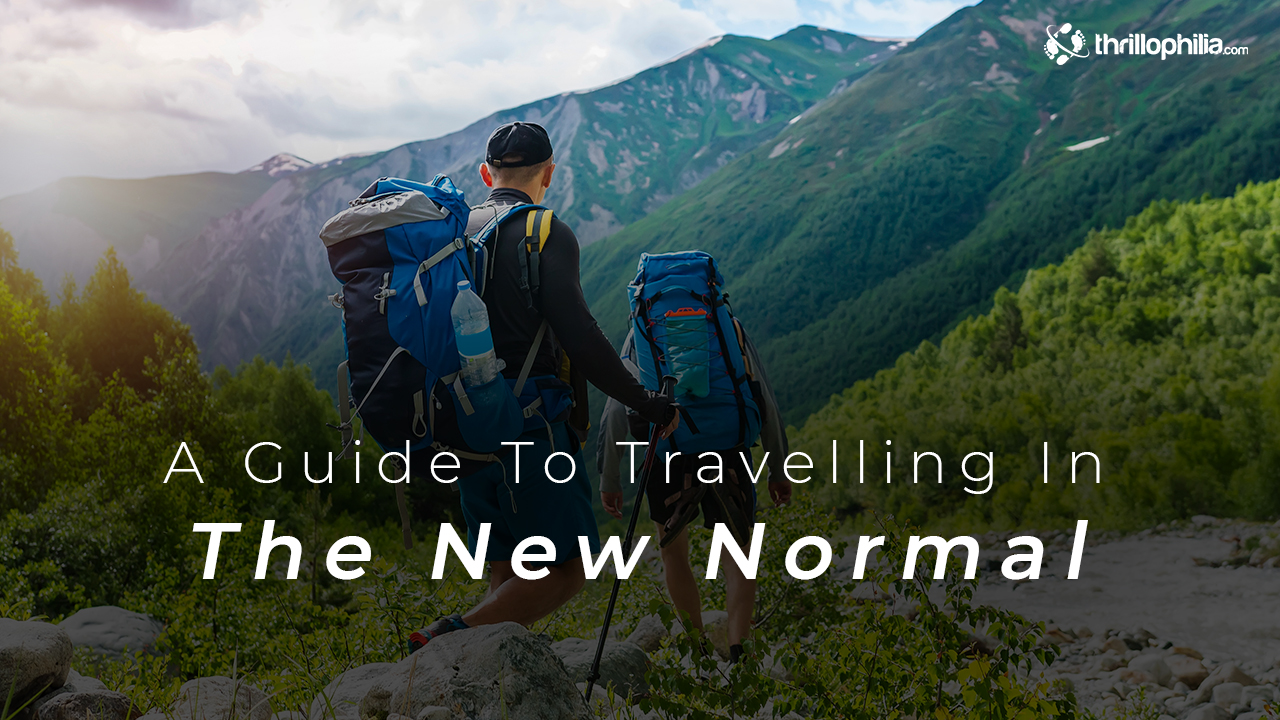
Quick Jumplinks to Navigate
The COVID-19 pandemic has changed the travel scenario across the world. With new guidelines, safety measures and SOPs across the travel industry, the virus has changed the way we travel. The virus has also increased safety concern among travellers and has thus resulted in a change in the travel preferences of travellers.
If you’re wondering how and where you can travel in these times of uncertainty, here is a guide that will help you take care of your safety, and enlist all the places you can safely travel to.
Travelling in India
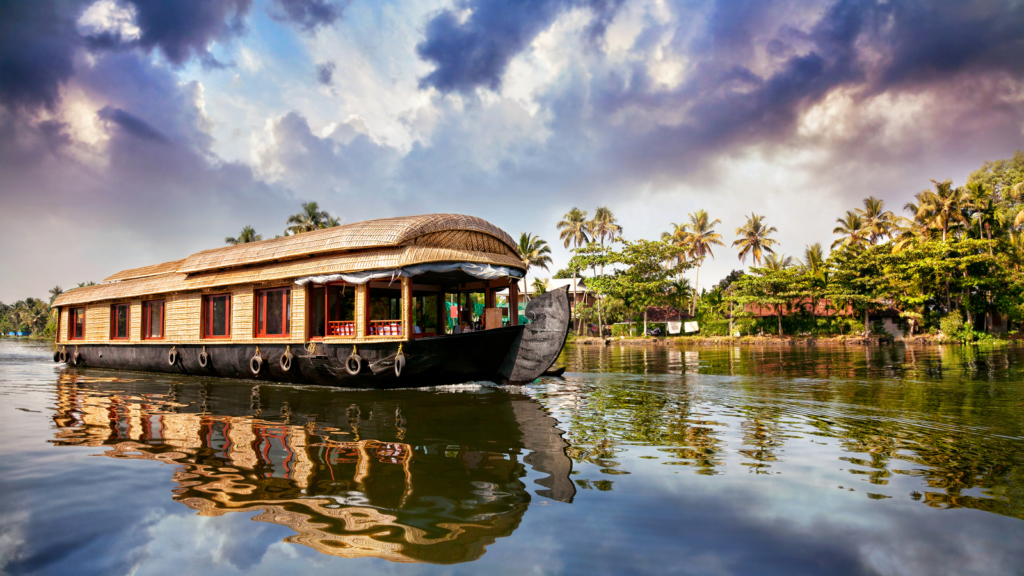
Safety Guidelines
- Under Unlock 5.0, states have not been permitted to impose a lockdown anywhere outside the containment zones. Inter and Intrastate travel has also been allowed without any e-passes, certificates or permissions. Travellers can travel throughout the country without the same.
- Although, some states and union territories still require travellers to submit a COVID negative certificate if travelling for long or found symptomatic. These include Ladakh and Uttarakhand.
- It has been deemed compulsory to wear masks and abide by social distancing in all public spaces.
- Temperature checks will be done at airports and railway stations.
- Most hotels and resorts reopened across the country are abiding by strict safety measures and enhanced hygiene protocols to keep their guests safe.
- Local transport at all places has restarted with strict safety measures in place. Travellers have to abide by social distancing and wear masks at all times when on-board.
Top Travel Destinations
1. Karnataka
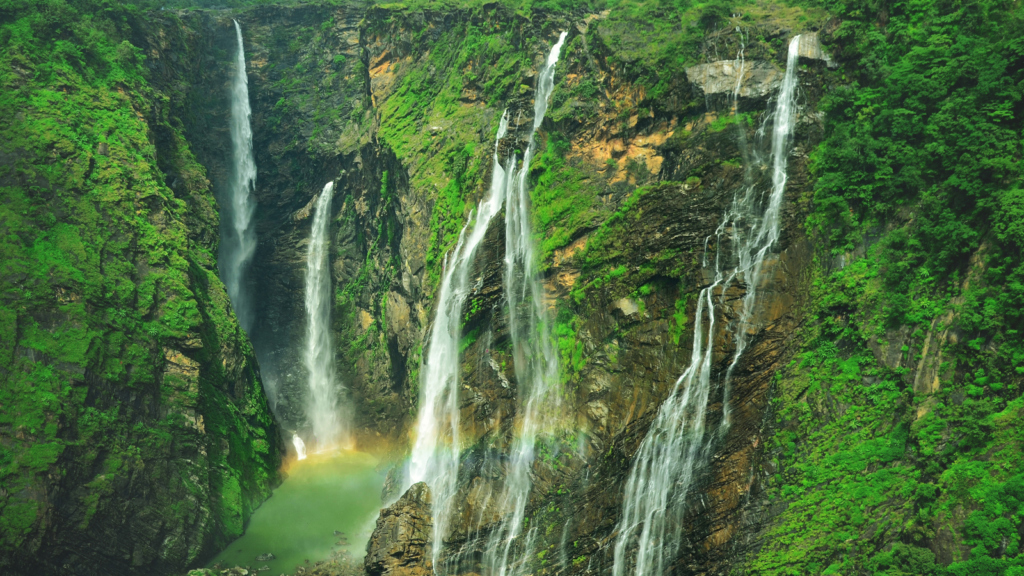
- No permits, passes or negative certificates needed to enter the state. Lockdown has been lifted across the state except for in containment zones.
- Wearing masks and adhering by social distancing is compulsory in public. A fine of INR 250 in urban areas and INR 100 in rural areas will be charged if you’re not wearing a mask.
- All ASI protected monuments reopened with strict safety measures in place.
- Flights are running to major airports like Bangalore from destinations across the country.
2. Maharashtra
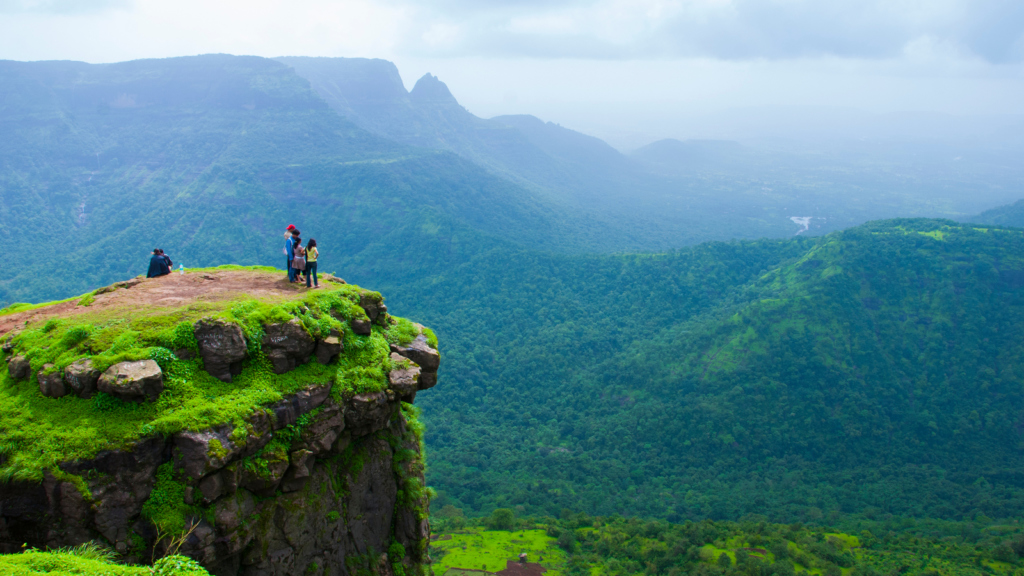
- No permits, passes or negative certificates needed to enter the state. Lockdown has been lifted across the state except for in containment zones.
- Passengers will be checked for COVID-19 symptoms at the airports and stamped with temporary ink for quarantine.
- Wearing masks and adhering by social distancing is compulsory in public areas.
- Metro services stand closed as of now. Although, other local transport is running with reduced capacity.
- Flight to Mumbai and other major airports are functional from across the country.
3. Uttarakhand
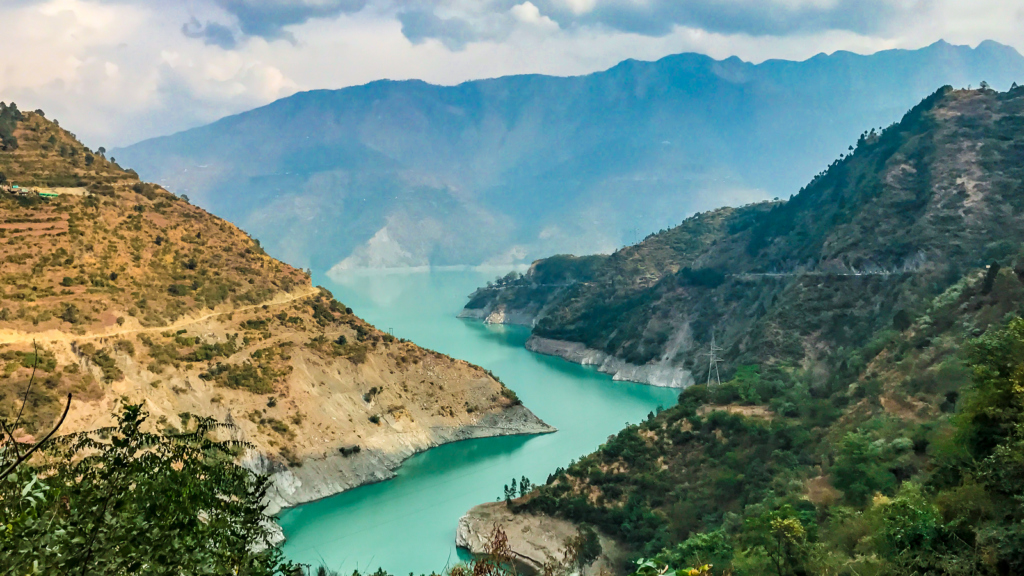
- To enter Uttarakhand and travel within districts of the state, registration on the smart city portal of the state is required. No COVID negative certificates or prior booking of accommodation is required to enter the state.
- Temperature checks will be done at all entry points- be it the airport, railway station, bus station or roads.
- Visiting Kedarnath, Badrinath, Yamunotri, Jamnotri would need registration on the official portal.
- Wearing masks and abiding by social distancing is compulsory in all public areas.
- Flights are running to major airports like Dehradun from major cities like Delhi, Bangalore, etc
4. Goa
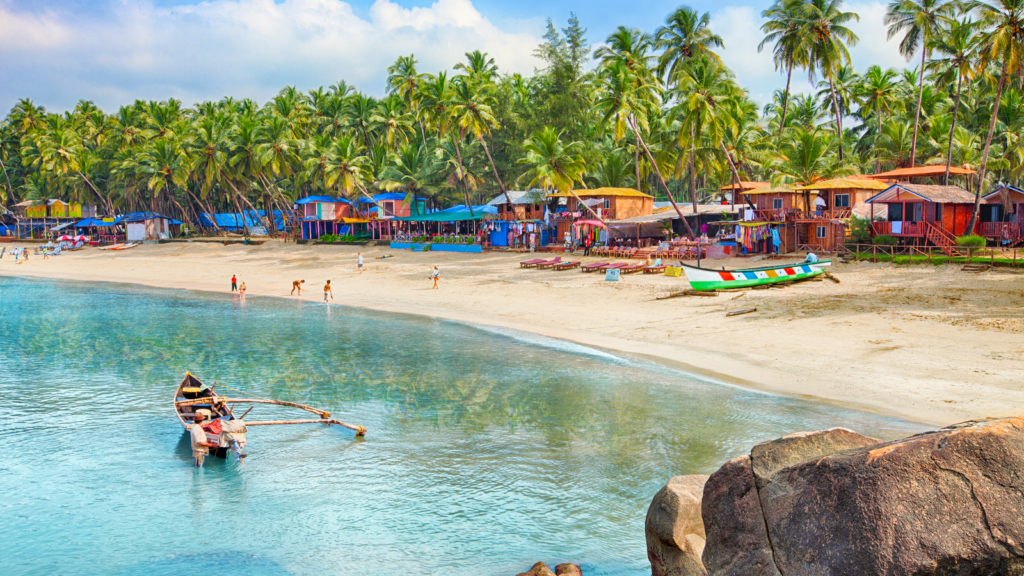
- Entry to goa does not require a certificate or permit. No isolation or quarantine will be required. Lockdown has been lifted across the state, and you can travel within Goa without any restrictions.
- Restaurants and bars in Goa have been reopened with reduced capacity and strict safety measures in place.
- Wearing masks and adhering by social distancing is compulsory in public areas.
- Beaches are open for tourists to visit throughout the day.
- Flights are running to Goa from all major cities across the country like Delhi, Mumbai, Bangalore, etc.
5. Delhi
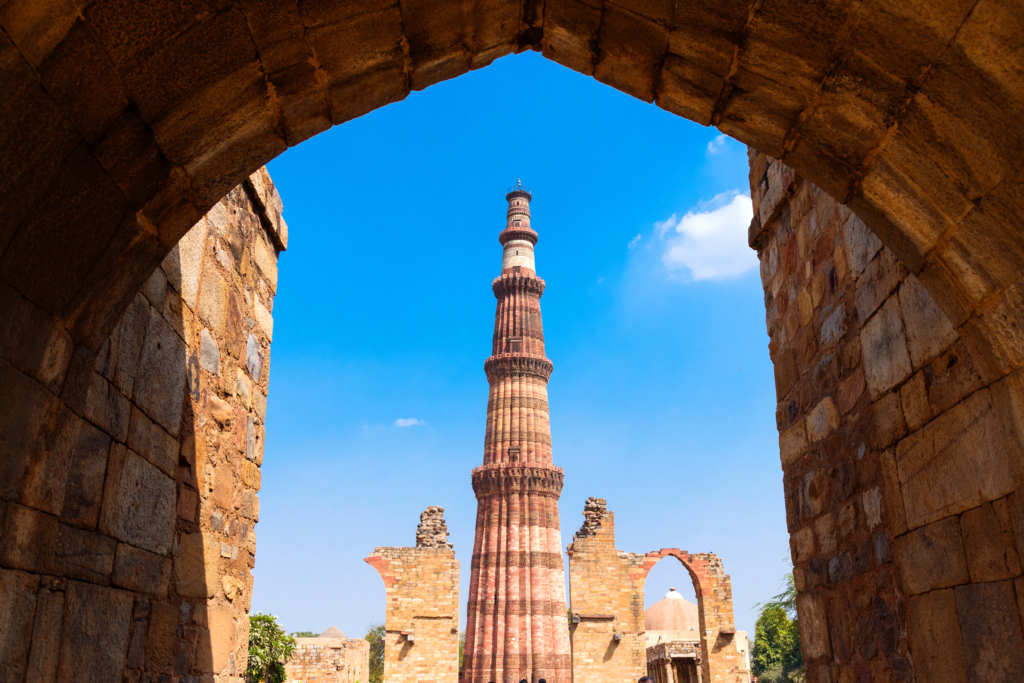
- Entry and inter and intrastate travel has been permitted without any permits, certificates or restrictions.
- Temperature checks will be done at the airports.
- Wearing masks and adhering to social distancing is compulsory in all public areas.
- Local transport is running with reduced capacity and strict safety measures. This includes buses and Delhi metro.
- Monuments like Qutub Minar and Humayun’s Tomb have been reopened for the public with safety measures in place.
- Flights to Delhi are functional from all across the country.
6. Himachal
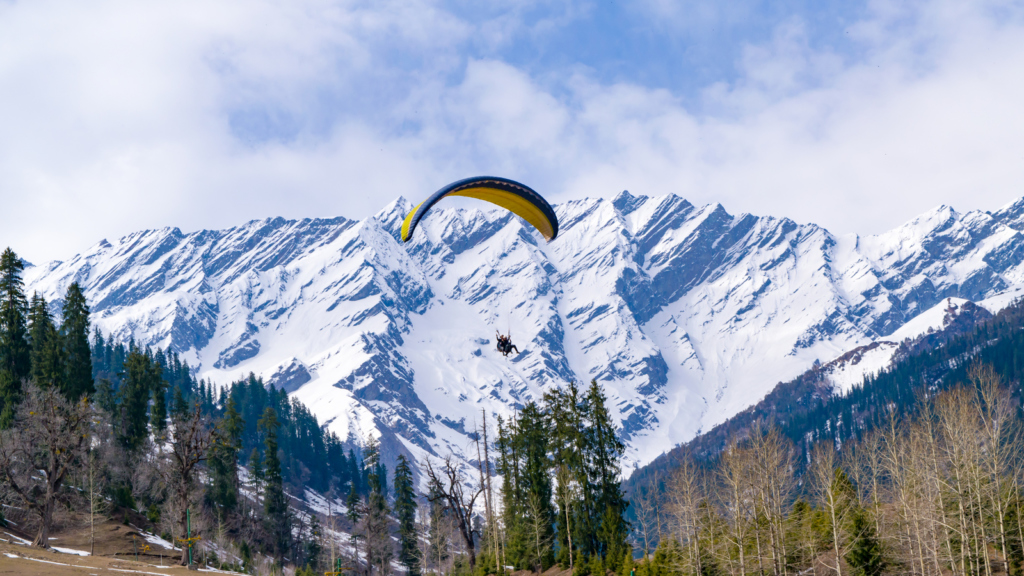
- Entry is open from all states and there are no intrastate travel restrictions. No passes or permits are required for entry.
- No quarantine is needed on entering the state.
- Wearing masks and adhering to social distancing is compulsory at all public places.
- Local transport is functional with strict safety measures in place.
- Flights and buses are functional from major cities in the country.
7. Rajasthan
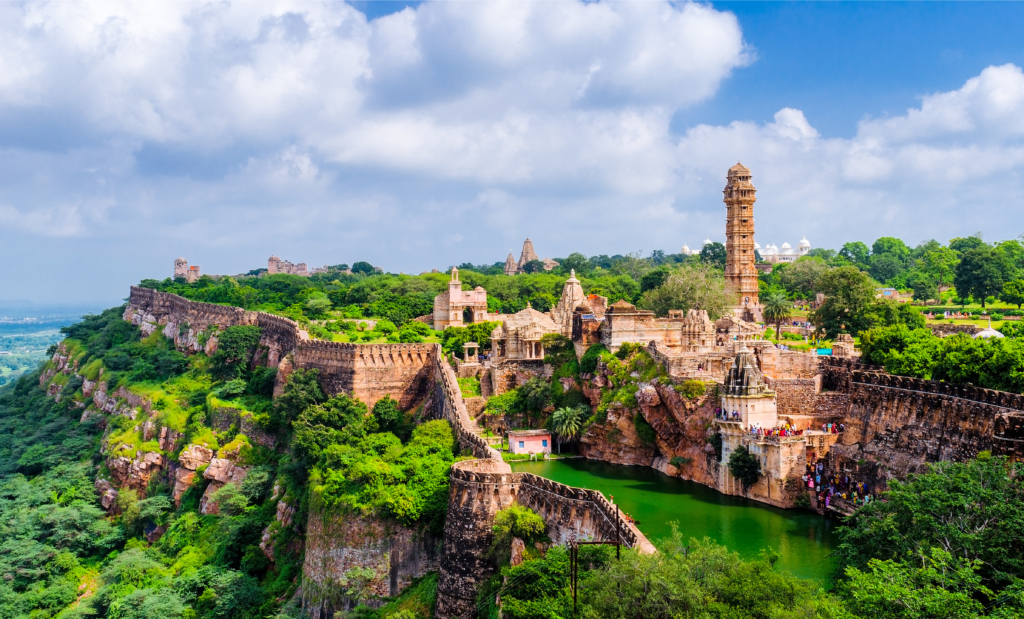
- Entry is open from all across the country. Intra-state travel is allowed with no restrictions. No passes, permits or certificates needed to enter the state.
- Temperature checks will be done at the airport. Quarantine is not compulsory for travellers entering the state.
- Wearing masks and adhering to social distancing is compulsory at all public places.
- Local transport in Rajasthan is functional with strict safety measures.
- Monuments run by Rajasthan government across the state have been reopened at reduced timings, capacity and with strict safety measures.
- Local transport is running across the state with strict safety measures. Flights to major airports like Jaipur, Udaipur and Jodhpur are running from major cities in the country.
8. Kerala
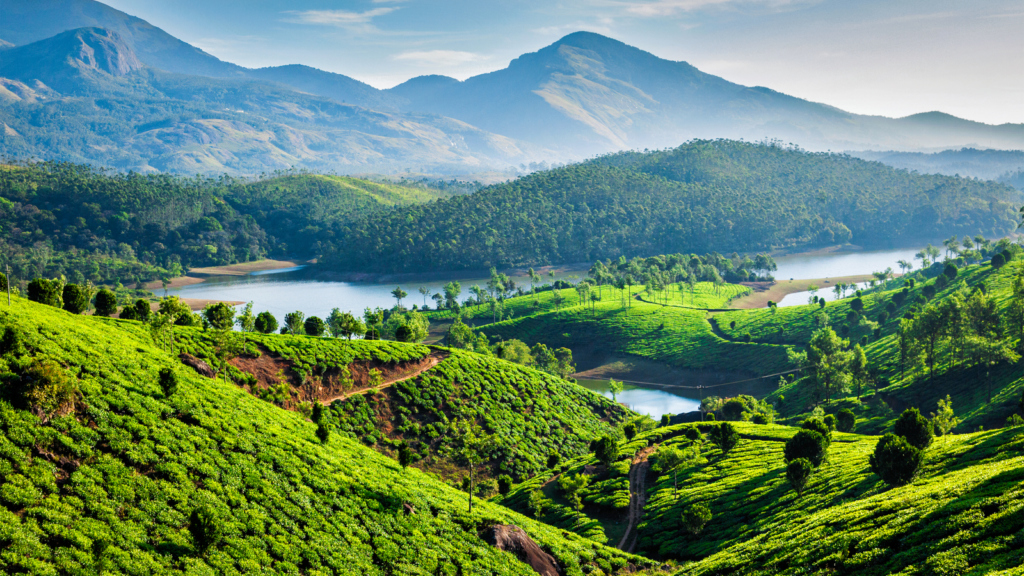
- Registration on the official portal is compulsory for entry in Kerala.
- A COVID negative certificate is required if you’re staying in Kerala for more than 7 days or get a COVID test done on arrival and then enter as the negative certificate is obtained.
- Wearing masks and adhering to social distancing is compulsory in all public areas.
- Beaches in Kerala will be reopened for tourists from the month of November.
- Local transport in the state is running with strict safety measures in place.
- Flight to Kozhikode, Cochin and other major airports are functional from across the country.
9. Ladakh
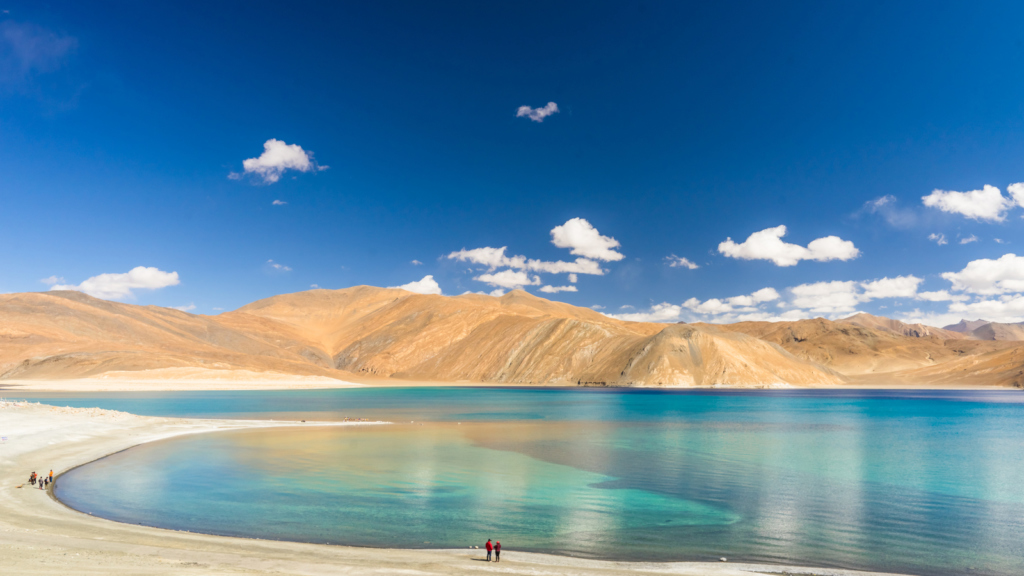
- A COVID negative certificate is required to enter Ladakh for 7 days. If you’re staying for more than 7 days in Ladakh, you will need to get another COVID test done on the 8th day. The certificate should not be more than 72 hours old and must be obtained from an ICMR lab.
- A pre-booked hotel or resort is mandatory to enter Ladakh.
- Pangong and Tso moriri lakes are closed for tourists for now and will open once the situation gets better.
- Nubra valley in Ladakh is open for Inner Line Permit.
- Wearing masks and abiding by social distancing is compulsory at all public places.
10. Gujarat

- A COVID negative certificate is required to avoid a 7 day home quarantine on entry.
- Inter and intrastate travel is allowed without any restrictions, passes or permits.
- 77 protected monuments in Gujarat have been reopened to the public with strict safety measures in place.
- Wearing masks and adhering to social distancing is mandatory in public areas.
- Local transport is functional with strict safety measures in place.
- Flights are functional to major airports in Gujarat like Ahmedabad from across the country.
11. Andaman
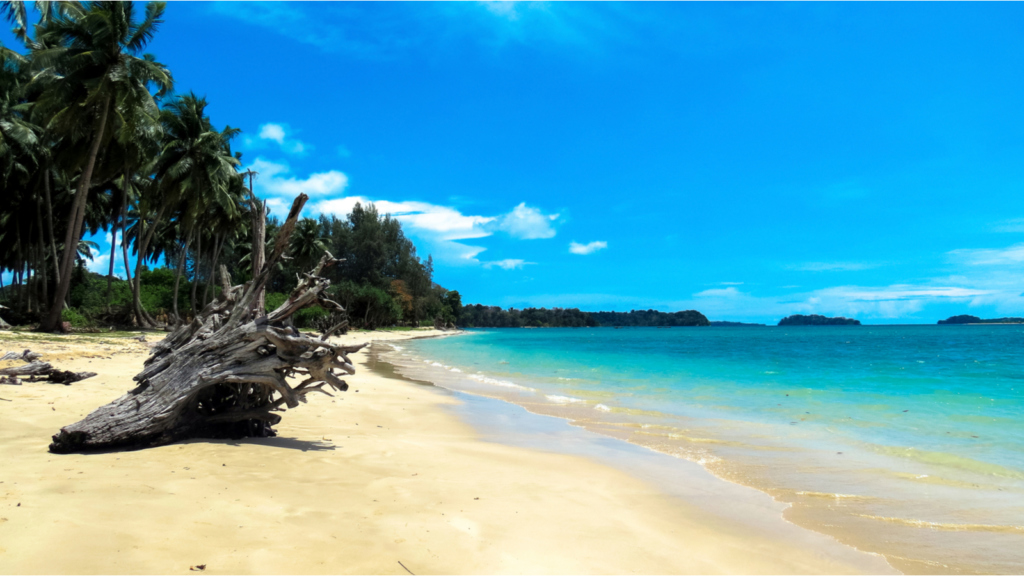
- Entry to Andaman does not require any permits, passes or certificates. Travel across the state is allowed with the exception of some containment zones.
- Beaches and major tourist attractions are open in Andaman with reduced capacity strict safety measures in place.
- Wearing masks and adhering by social distancing is compulsory for all in public areas.
- Islands like Havelock, Port Blair, Neil Island are open for tourists but entry to Diglipur, Mayabunder, Rangat and Little Andaman is restricted for now.
- Travellers above the age of 65 are not allowed to travel to the Andamans.
- Group photography is not allowed across the Andamans in the account of compulsory social distancing
- Beaches are only open from 10 am to 5 pm
- Flights to Port Blair are functional from major cities like Chennai, Kolkata and Hyderabad.
12. North East
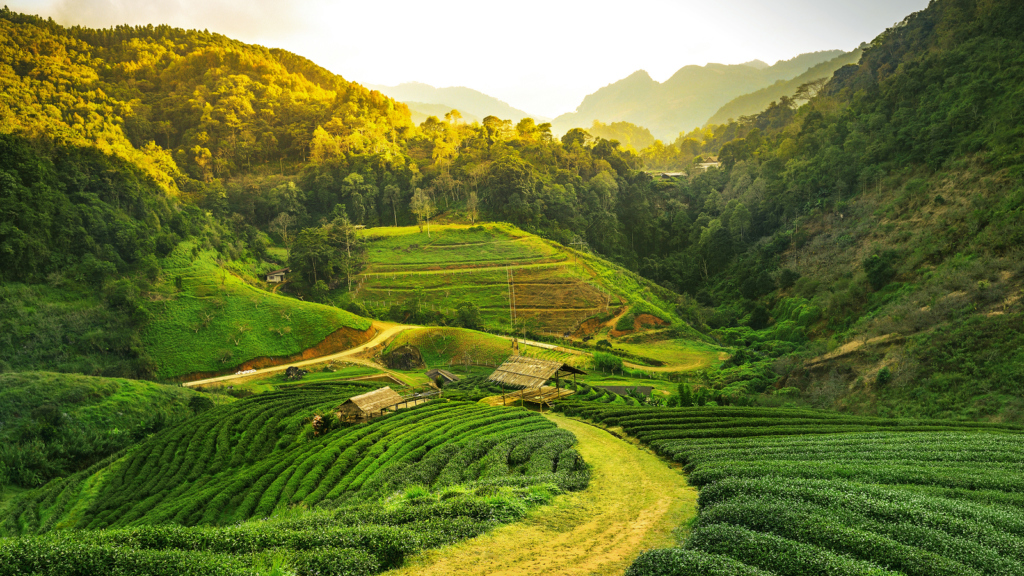
- Assam: If you’re staying in Assam, for more than 72 hours, you will need a COVID-negative test for entry. If the COVID negative certificate is not available, you will be tested on arrival and will be quarantined until the results arrive.
- Tripura: Thermal screening is done for all passengers on arrival. Random sampling will be done for COVID and a free COVID testing facility is set up for travellers on the terminal.
- Shillong: All travellers need to register on the official portal to enter the state. On entry, all travellers will be tested for COVID. If found negative, a mandatory quarantine of 10 days will follow and if found positive, the patient will be shifted to a COVID care centre. If the traveller presents a COVID negative certificate on arrival, he/she will be exempted from on-arrival testing. A valid return ticket also needs to be presented.
- Mizoram: An m pass is required for entry into Mizoram, which can be obtained from the official portal. Travellers will be tested at arrival and will be kept in the quarantine centre till results arrive, followed by a home quarantine for 14 days.
- Arunachal Pradesh: All travellers will be tested for COVID at the entry points. A quarantine of 14 days is mandatory if found negative. Symptomatic and positive travellers will be shifted to a COVID care centre.
- Nagaland: Downloading the nCOVID Nagaland visitors app is mandatory for all travellers entering the state. A home quarantine of 14 days is mandatory for all travellers.
- Manipur: All air passengers need to obtain an e-pass from the deputy commissioner online to enter Manipur. A COVID negative certificate will be required from travellers staying in the state for less than 7 days. The certificate must not be older than 48 hours and must be obtained from an ICMR lab. If staying for more than 7 days, travellers will need to be tested on arrival. If found negative, a home-quarantine of 14 days will follow and if found positive, the patient will be sent to a COVID care centre.
Travelling Internationally
1. Maldives
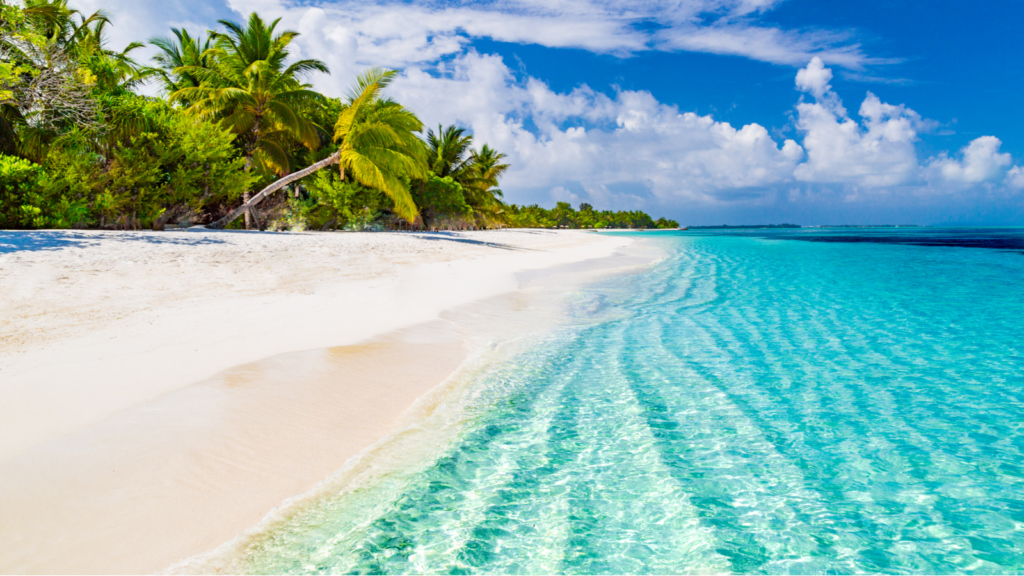
- A COVID negative test certificate is required to enter Maldives.
- A prior booking confirmation is required in a resort in the Maldives to enter the country.
- Quarantine is not mandatory for travellers who have presented the COVID negative test certificate and are asymptomatic.
- Under the air bubble deal with India and Maldives, various flights are functional from India to Male.
- Wearing masks and adhering to social distancing is compulsory at all public areas.
2. Singapore
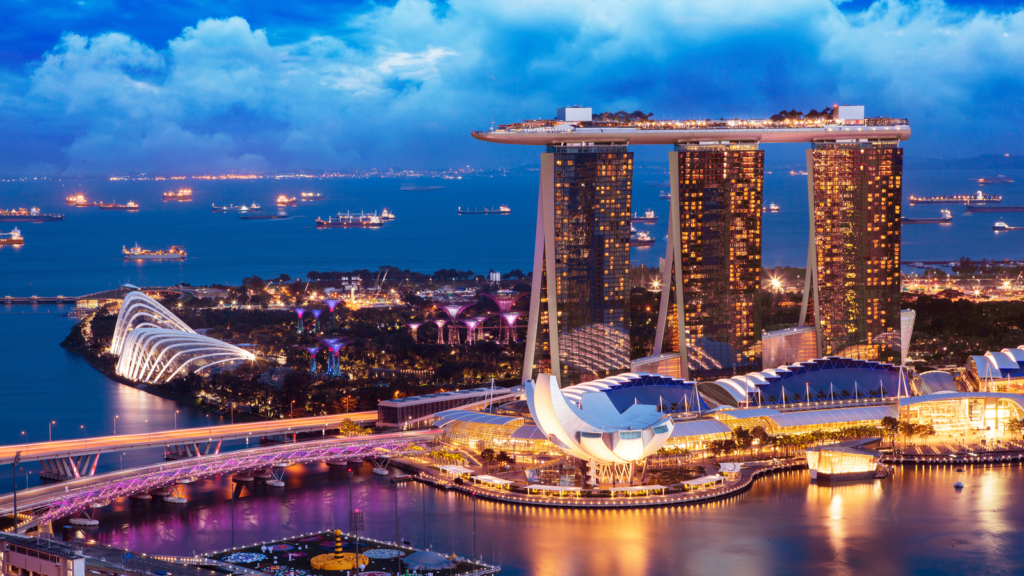
- Leisure travel to Singapore is restricted for now but will soon be resuming as the situation gets better.
- Rescue flights to and from Singapore are functional from all over the world.
- Travellers entering Singapore have to mandatorily stay at home for 14 days after arrival. Before the quarantine ends, travellers will have to get a negative COVID test report.
3. Thailand
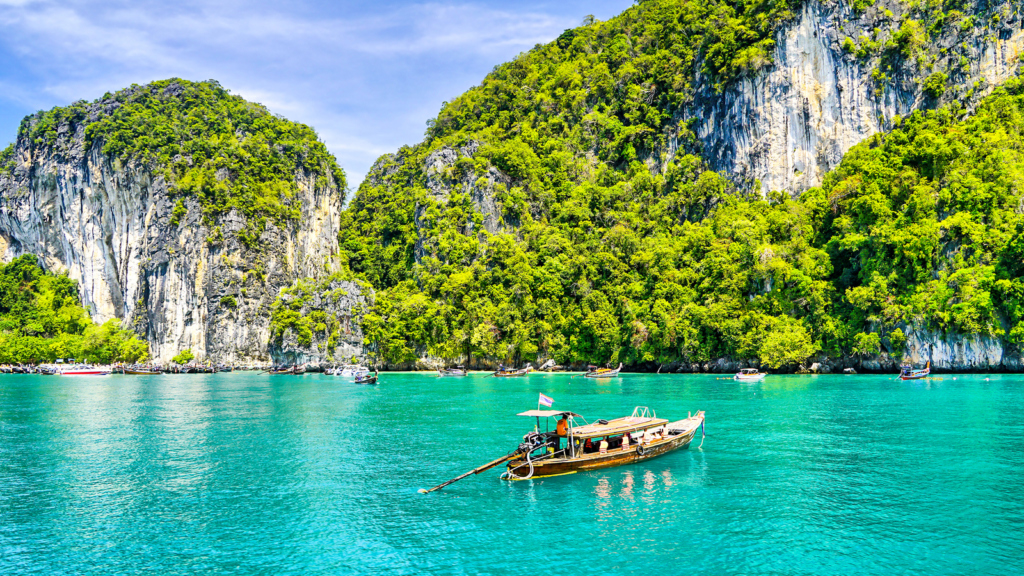
- Entry for leisure travel is restricted to Thailand for now. Although India is in talks of developing an air bubble with the country.
- Thailand will soon be introducing a 90-day long tourist VISA for travellers to explore the country in the post-lockdown world.
- Phuket, Koh Phi Phi, Koh Samui, Koh Tao and Koh Phangan are being prepared to reopen soon for international tourists with strict safety measures in place.
4. UAE
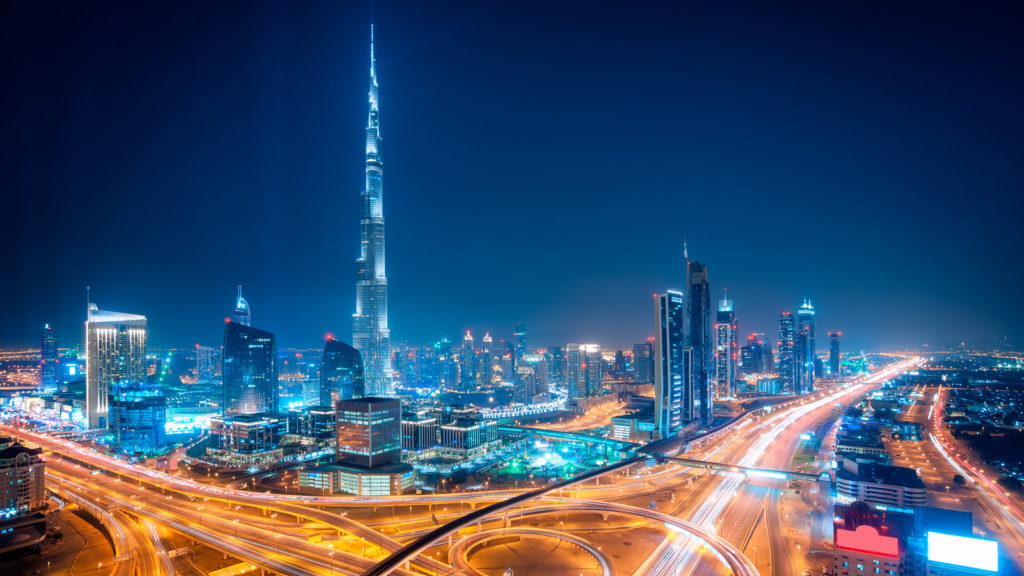
- Indian citizens with any valid UAE visa can visit the country. New VISAs are not yet being issued for UAE.
- A COVID-negative test certificate is mandatory on arrival for all travellers visiting the country.
- Monuments and tourist attractions in UAE have been reopened with strict safety measures in place.
- Hotels and resorts in UAE have been issued with new and enhanced safety guidelines to keep their guests safe.
How To Travel
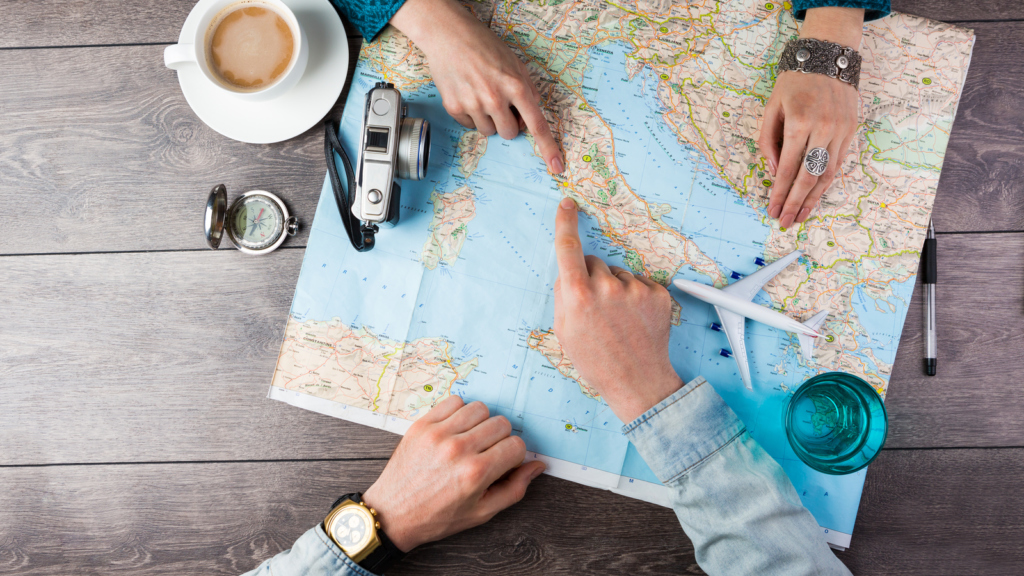
- When going on a road trip, make sure you have all the information regarding entry requirements, COVID guidelines, etc on the destination. Make sure you have your face masks and sanitizers at all times. When stopping for meals, choose restaurants that are safe, or carry your own meals during the trip.
- When going for a trek, make sure you check the packing list provided by your operator. Ensure you have masks and are equipped with hand sanitizers. Some operators may also want you to carry your own tents, sleeping bags and utensils. if not, ensure that your sleeping bag is not exchanged with other trekkers in the camps.
- When taking a flight to a destination, check all the entry requirements and restrictions of the destination. You might need a permit, registration or COVID negative certificate for entry. Also, make sure you go through the guidelines of the airlines. They might need you to carry an extra document or masks, shields, etc. Download the Aarogya Setu app and self assess yourself before entering the airport. Make sure you are wearing gloves, masks and have a hand sanitizer in your handbag.
- When using trains and public transport, ensure you adhere to social distancing at all times when boarding, in the vehicle and while deporting. Always wear your mask when on the train or public transport and sanitize your hands regularly to minimize the chances of catching an infection.
- When choosing your stay and destination, check for the following things:
- Does the destination require any passes or certificates?
- Does the destination have any mandatory quarantine rules in place?
- Will you require a return ticket booking to enter this destination
- Will you need a confirmed booking at a hotel or resort for entering this destination?
- Is the accommodation following all the safety guidelines and measures?
- Does the accommodation check their guests for COVID symptoms during check-in?
- When packing for a trip in the new normal, ensure that you have the following in your bag:
- Hand Sanitizer
- 3 Masks
- Gloves
- Extra clothes to wear while travelling
- A medical kit which includes medicines for fever, cough, sore throat
Thrillophilia’s Suggestions
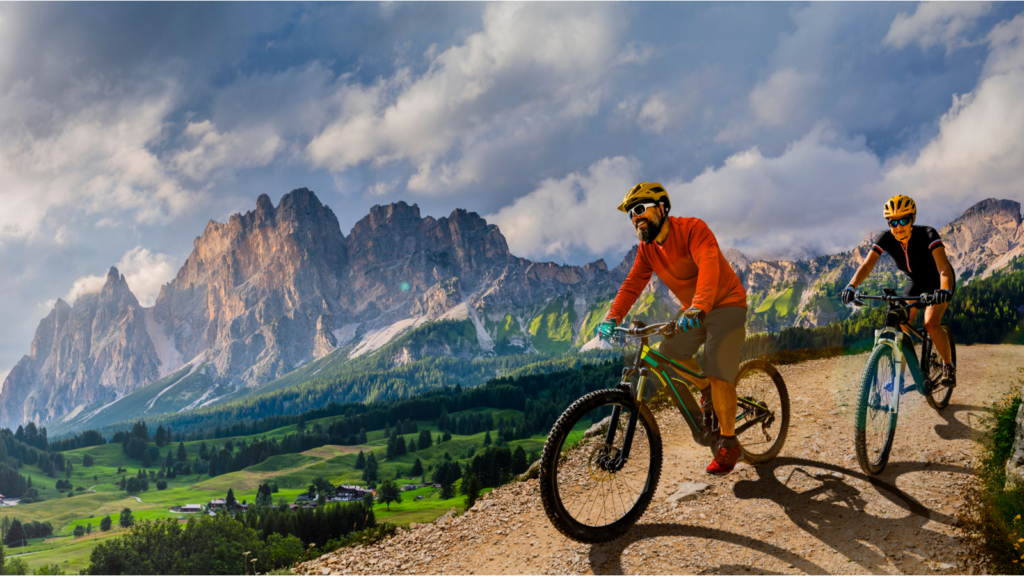
- The planet has healed up in the last 6 months, as we sat inside our homes. Let us try to preserve it this way and choose more environmentally friendly options of exploring the world like hiking, cycling, etc. Choose local experiences and explore the destination with walks or on bicycles.
- Choose accommodation like homestays, boutique stays or small stand-alone properties, to stay at. These accommodations will not only help you stay safe and away from the crowd in remote areas but also help the local travel industry. If you’re looking to stay at luxury boutique properties, check out the RediscoverParadise initiative by Corona Beer which is providing great deals for stay paired with exciting local experiences across India.
- Practice mindful travel rather than running around to cover tons of destinations in one trip. Consider slowing down and enjoying one destination at a time. This will not only help you stay safe but also let you revel in the beauty of the place you’re visiting fully.
- Disconnect yourself from your screens and travel into the wilderness. Take a well-deserved break from your monotonous work from home routine and explore the wild mountains, jungles and beaches of India on foot.
- Set up your workstation in the mountains for a few weeks. Take a workation in the magnificent Himalayan mountains of India. The backdrop of the lush green valleys, a cold mountain tea and the bright blue skies for a work-day? Who wouldn’t like that!
Travel Trends

- Road trips
In a survey conducted by Thrillophilia, almost 60% of travellers said they would prefer travelling by road in their cars rather than on flights, trains and buses.
- Staycations
Demand for staycations in luxury resorts have gone up 2 times in the past few months since travel has started resuming. More and more travellers are choosing to stay at luxury resorts and indulge in in-house and local experiences provided there.
- Workations
It has been more than 6 years since the country went into lockdown and people started working from home. The exhaustion of the monotonous routine of work from home has resulted in an increasing demand for workations in the mountain and at the beaches. According to a survey, almost 70% of people working from home said they want to take a workation by the end of 2020.
- Outdoors and adventure
As outdoor activities and experiences allow travellers to abide by social distancing and stay safe in nature, the demand for outdoor activities has exponentially increased. According to a study by Thrillophilia, bookings for outdoor activities have gone up 3 times in the past two months.
